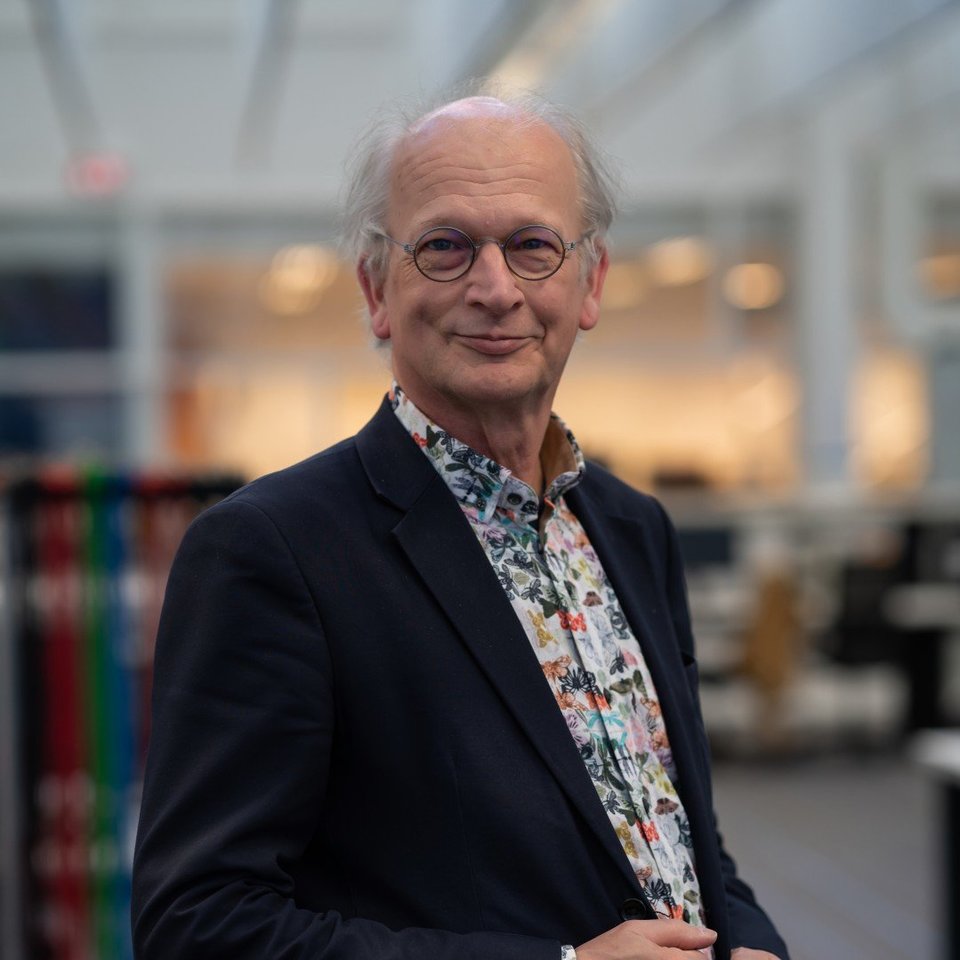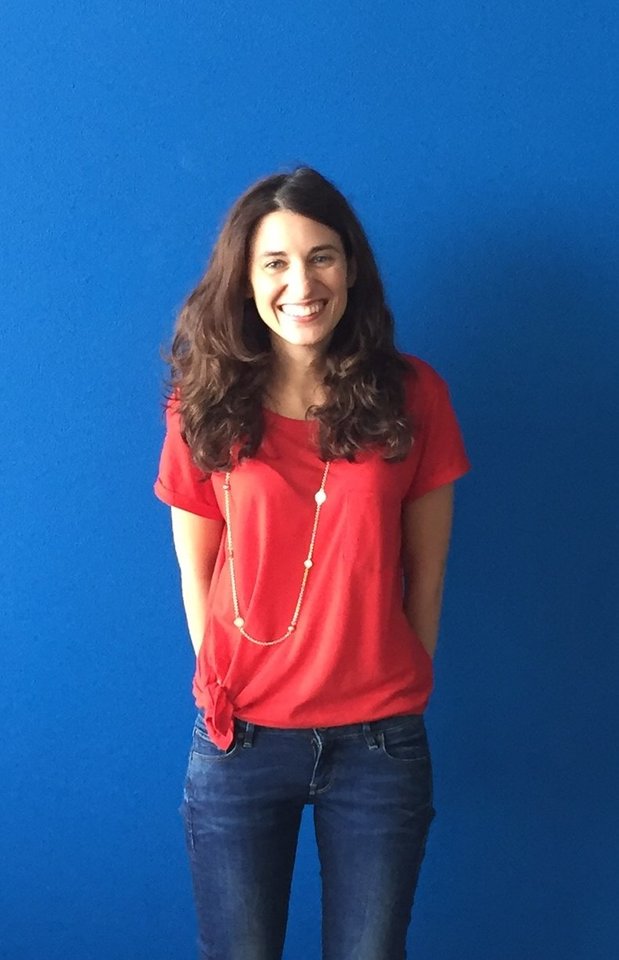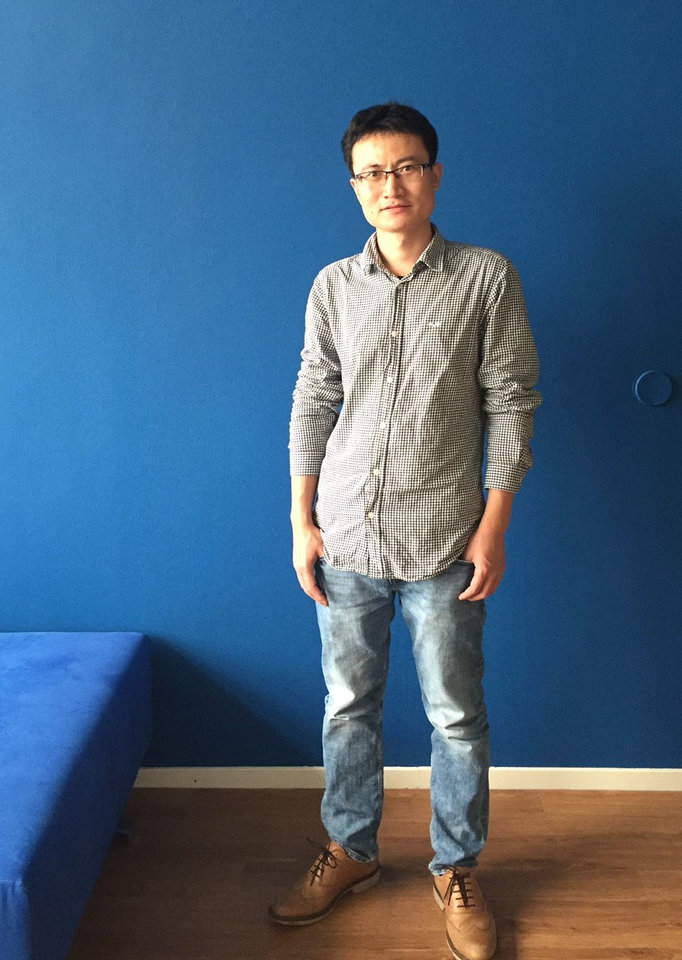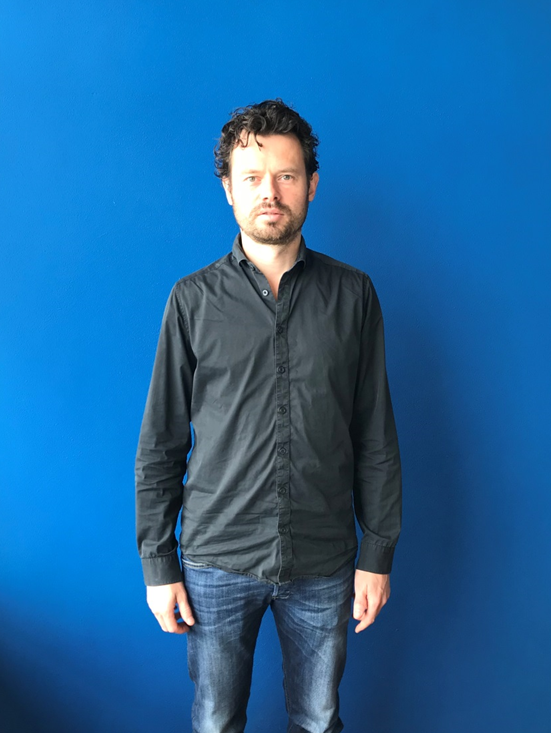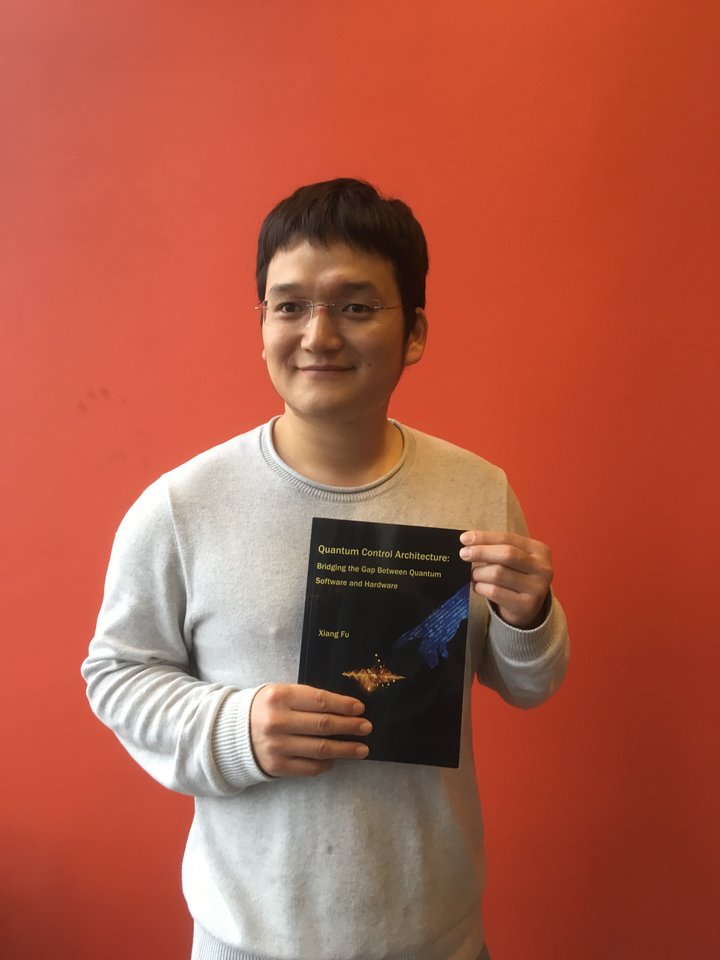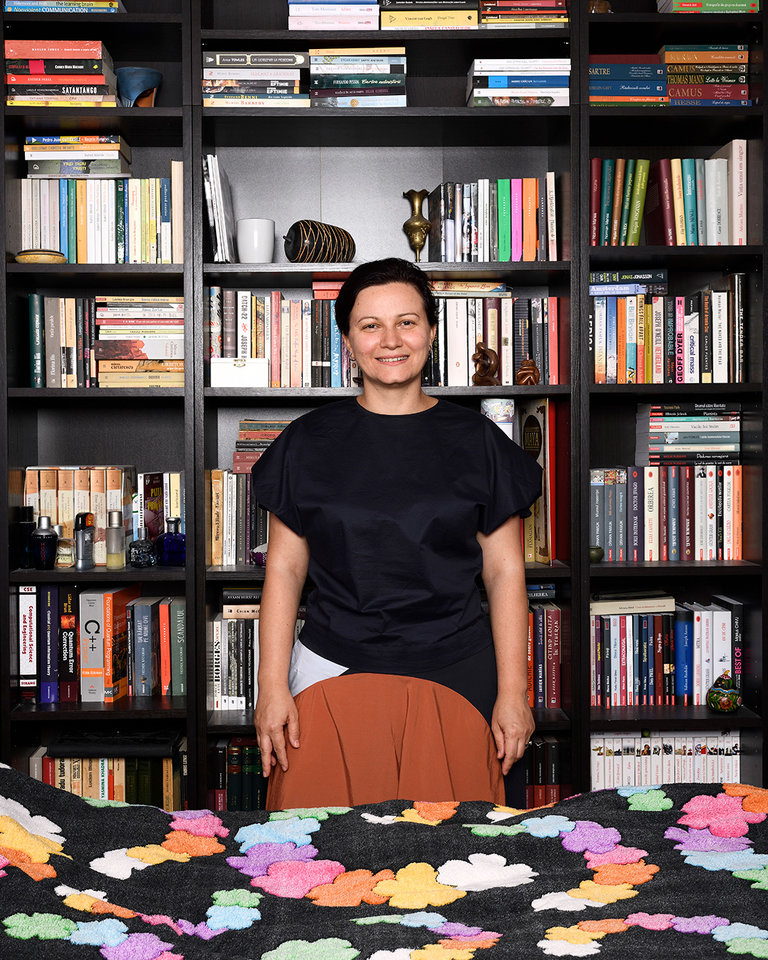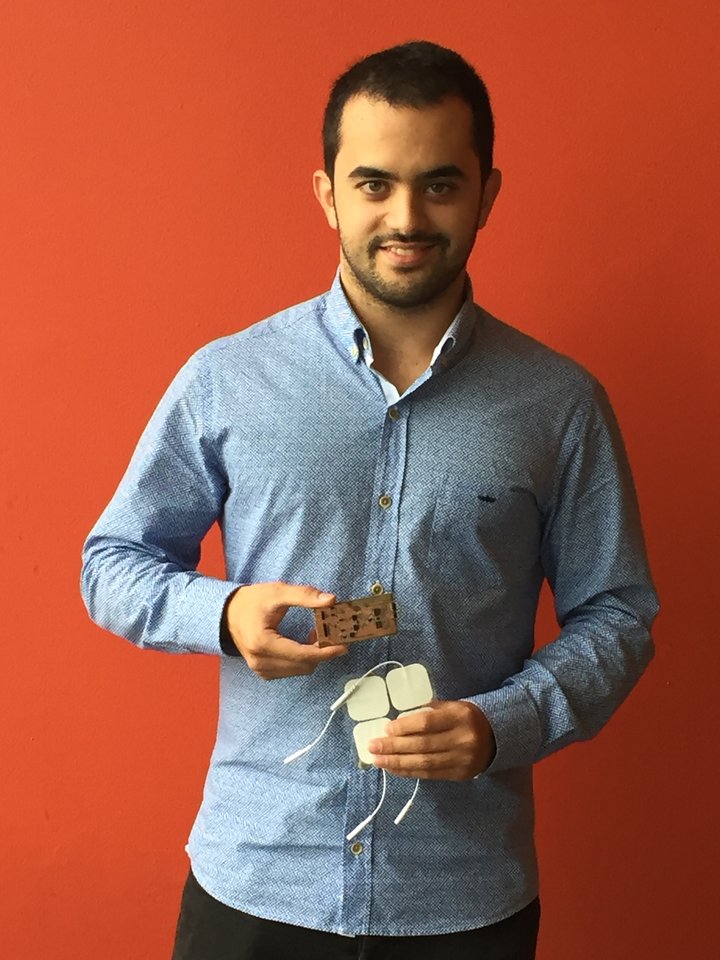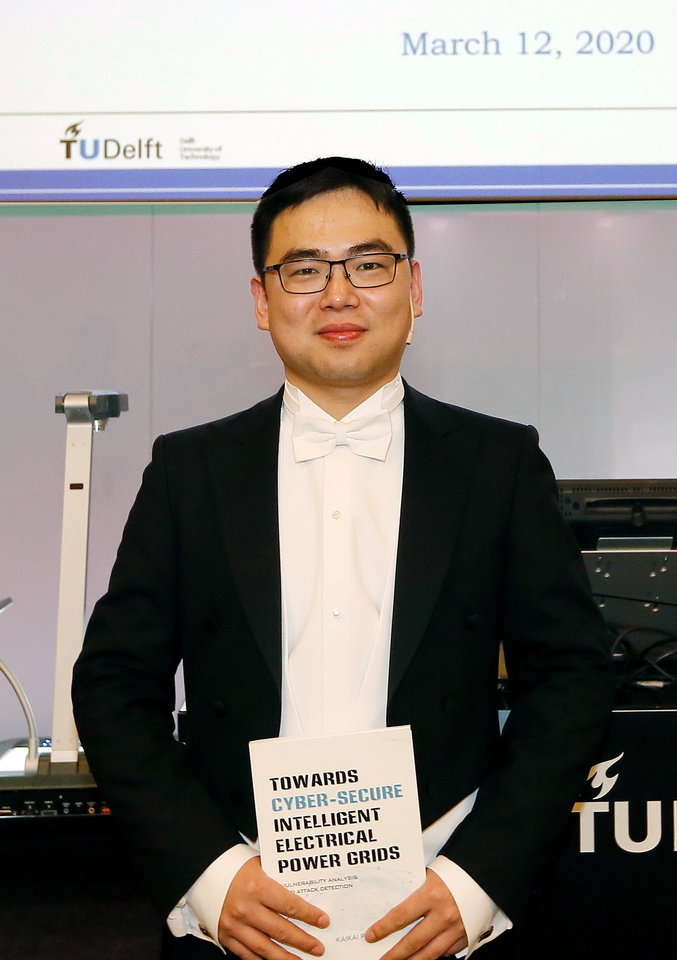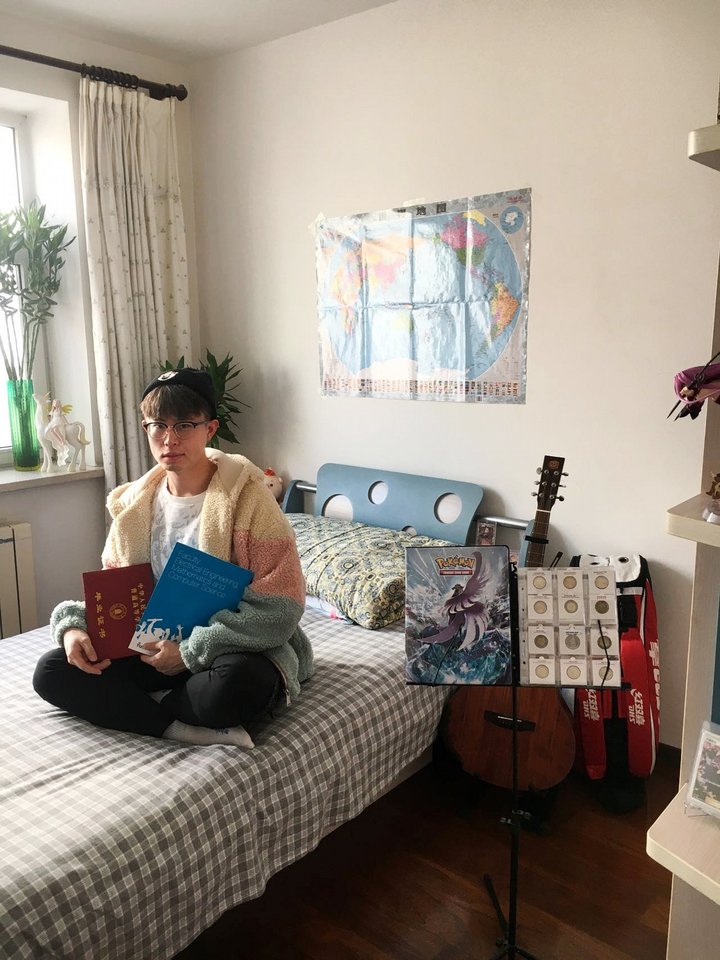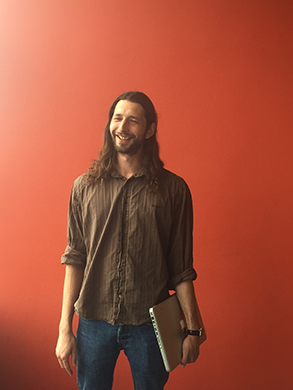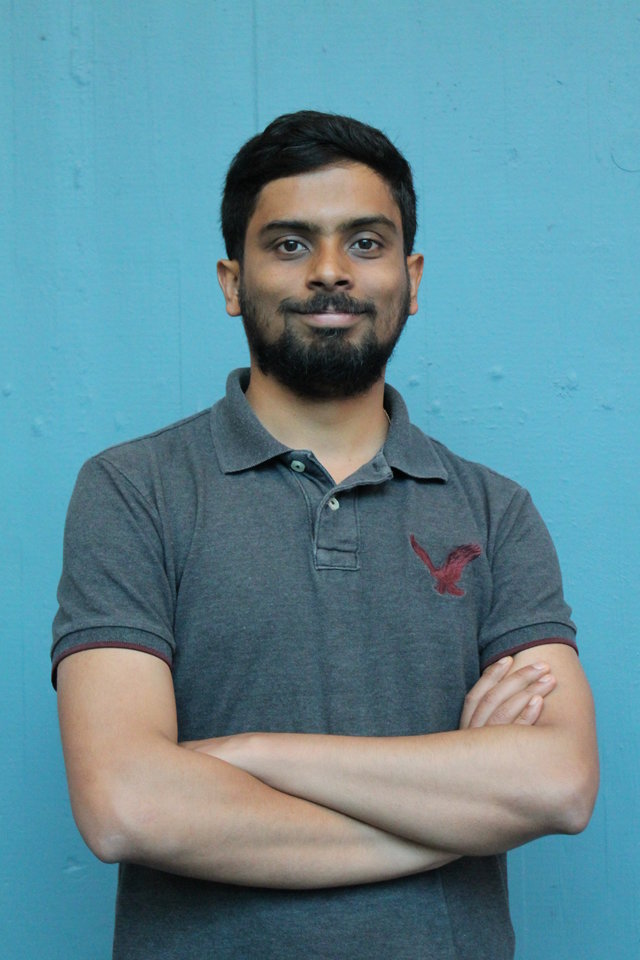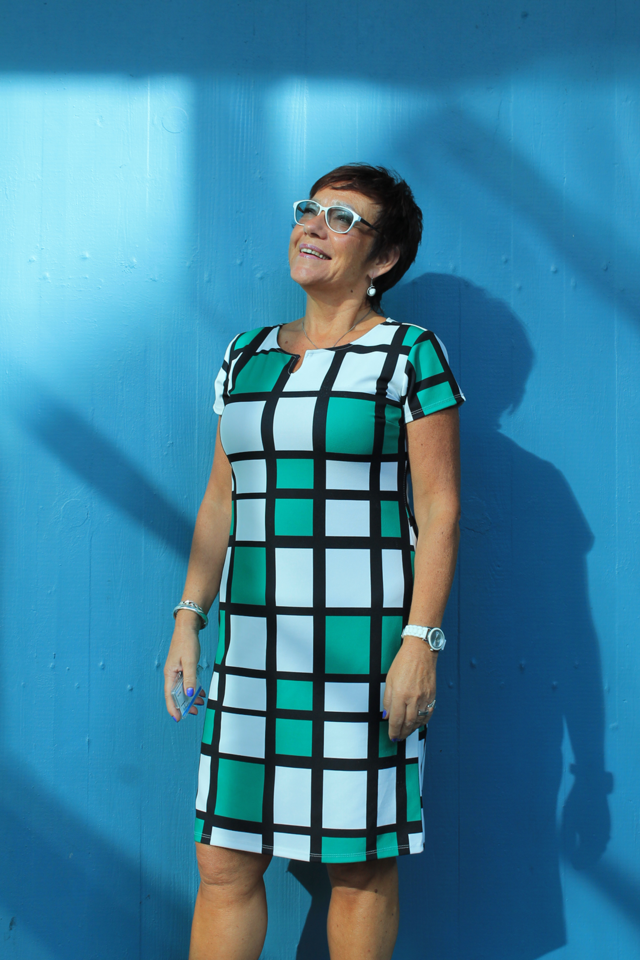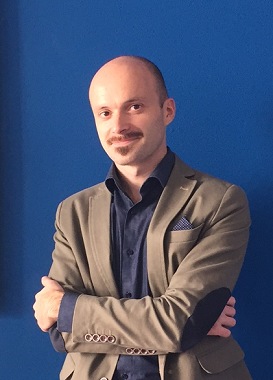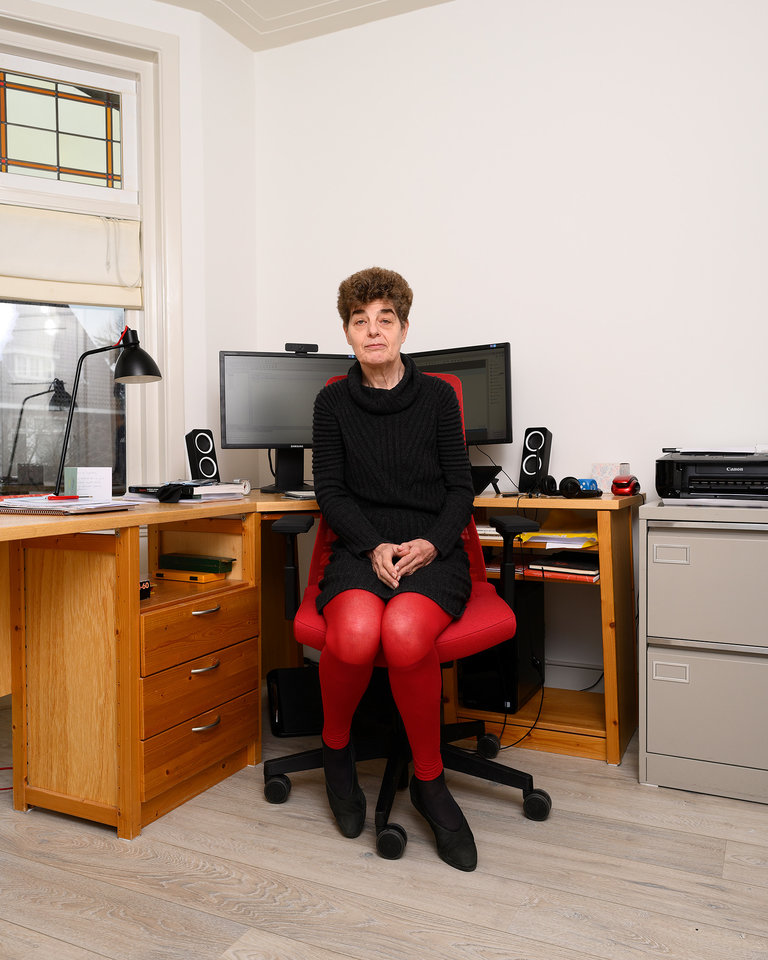Travel has broadened my perspective – not least because it has made me aware of the interdependence of all living beings on this planet. The effects of climate change are already evident in many countries, and we owe it to them to drastically reduce our emission of carbon dioxide. I wish to contribute to this through my work on the integration of renewable energy sources.
I am developing algorithms for pipeline energy storage in district heating networks. These pipelines carry water from combined heat/power plants to consumers. Heat produced by the plant is conserved in the water, and we want to use this stored energy to decouple heat and electricity production. The problem comes down to this: at which moment should you produce heat in order to satisfy consumers’ heat demand, while also ensuring that electricity coming from renewable sources is used?
At the moment, a lot of renewable energy is wasted because there is no room for it on the grid – when demand is already being met by energy from fossil fuels. Human operators can adjust this type of energy more easily to the needs of consumers. Hopefully, pipeline energy storage can help us become less dependent on fossil fuels, by making it easier to integrate renewable sources. It would be great if my research can make that happen.
The Netherlands is just a small country whose pipelines are 20 to 40 kilometres long, while some countries have up to a few hundred kilometres. They can therefore store more energy and make a much bigger impact – something that is overdue, because they are falling behind on their emission goals. So the algorithms we are working on should eventually enable improvements on a larger scale as well. Their goals are the same as our goals, after all.






